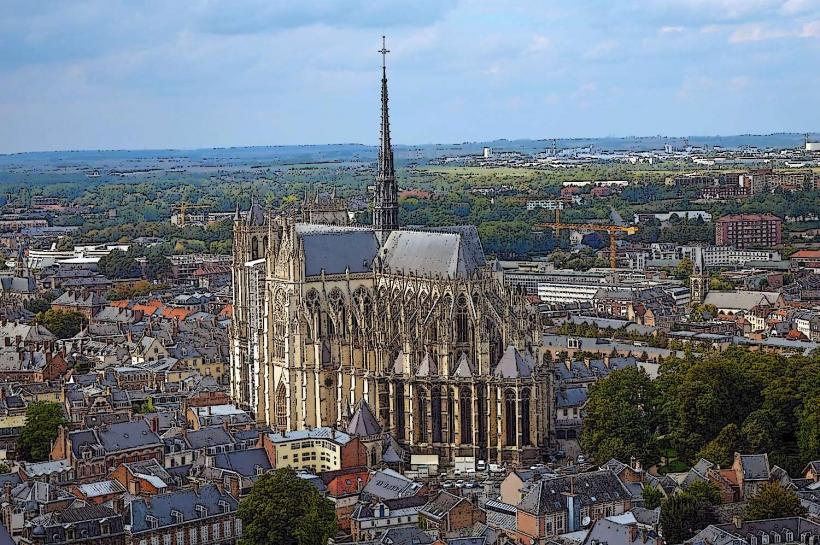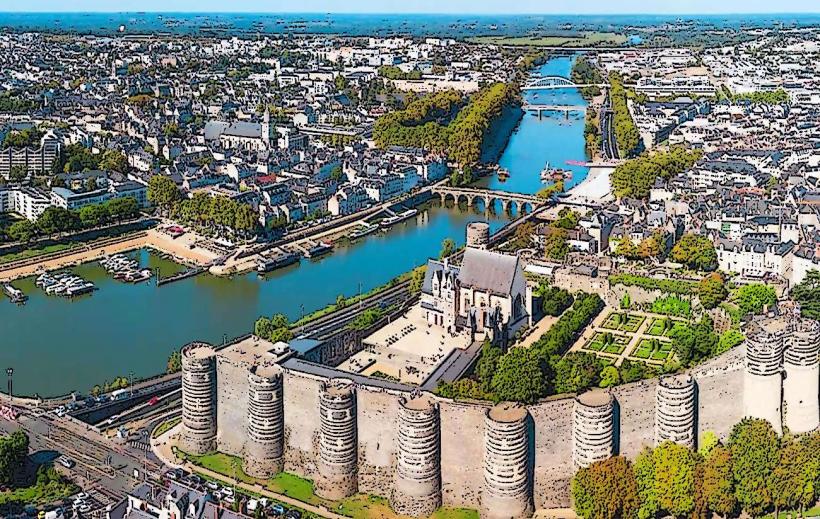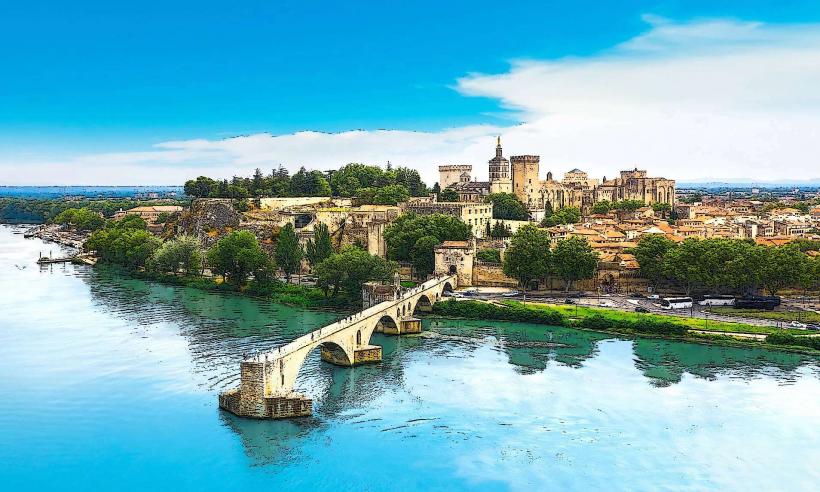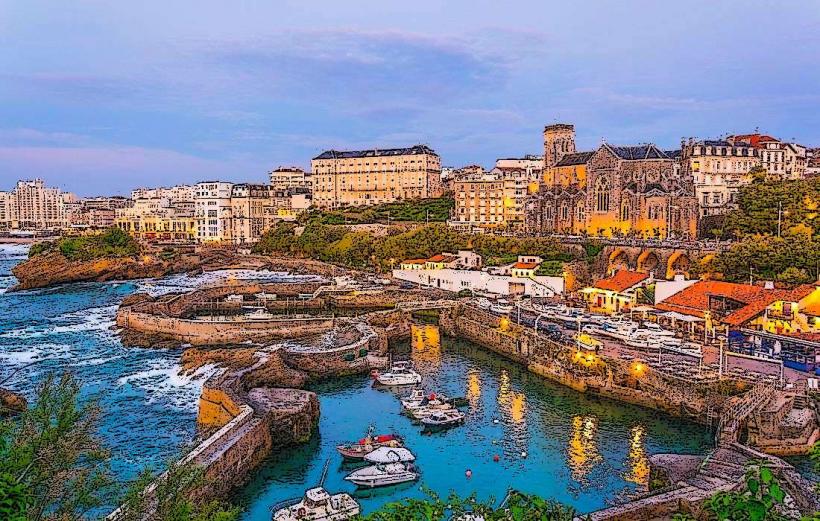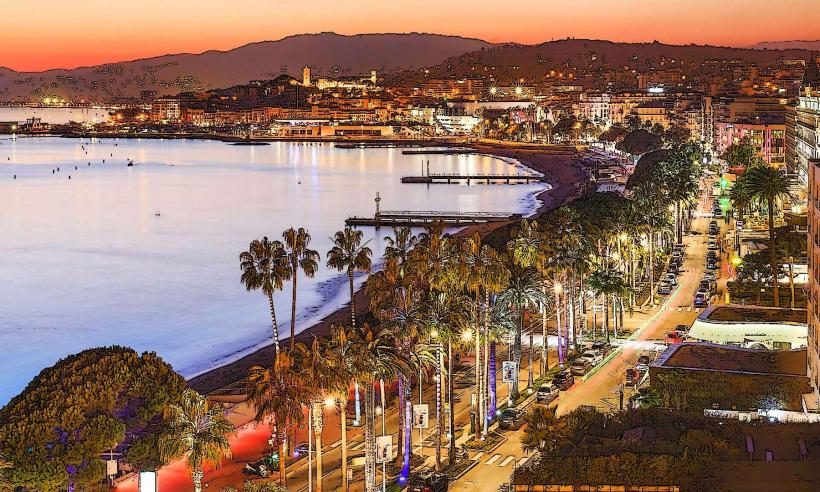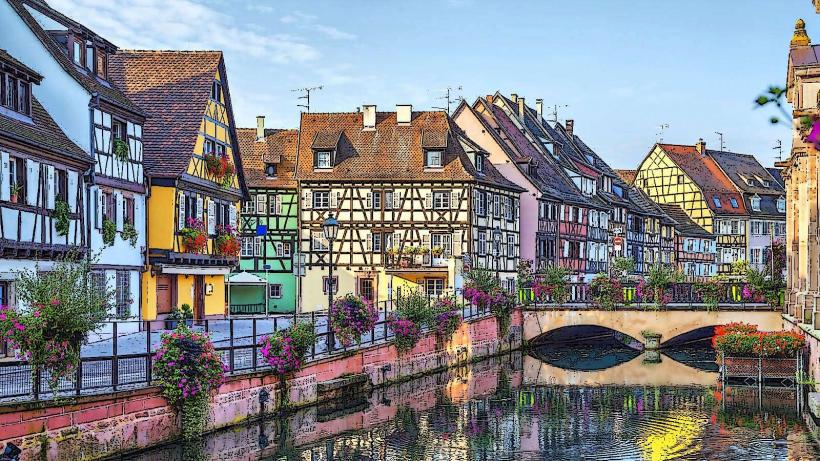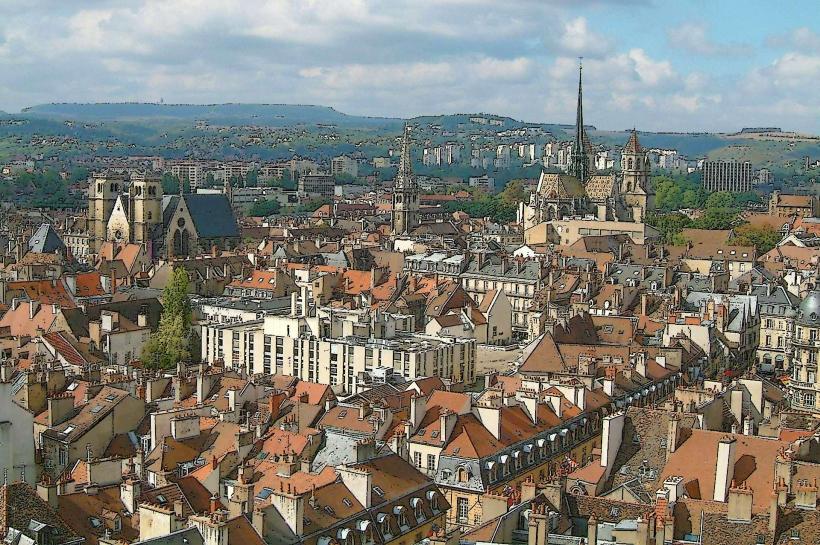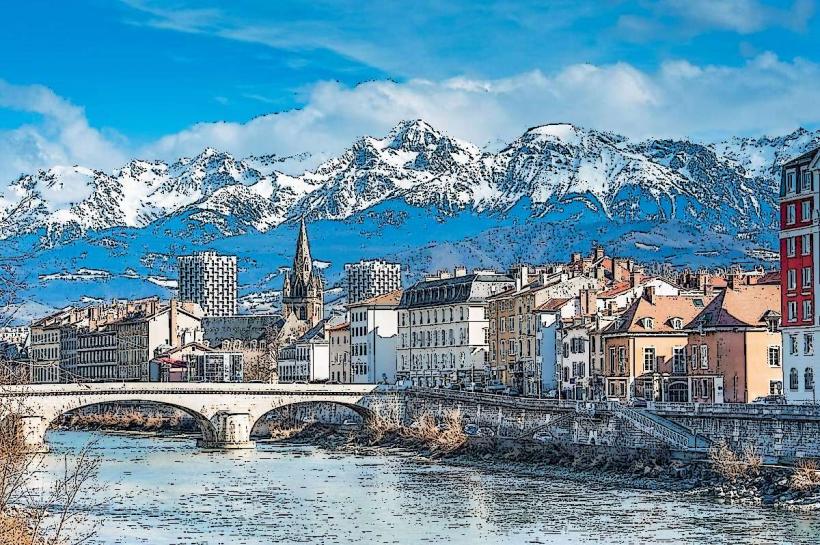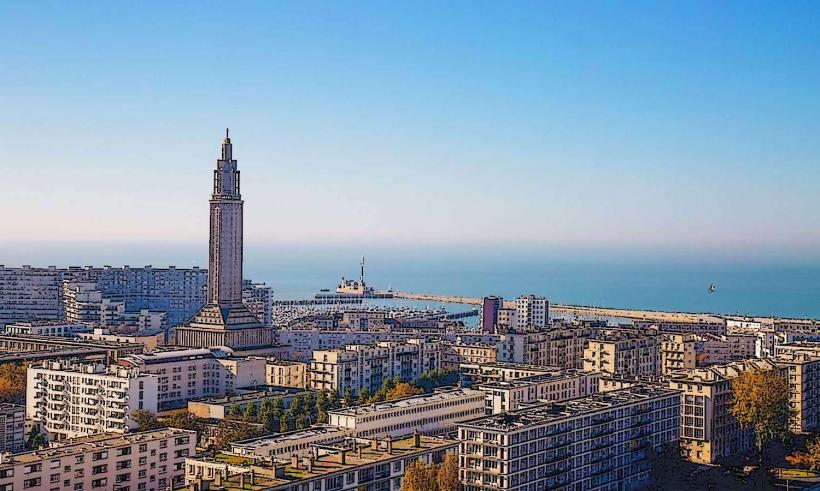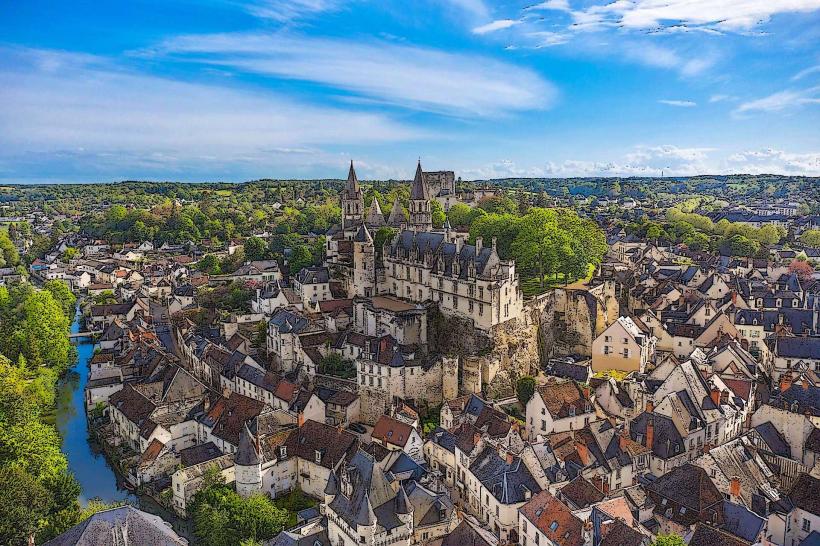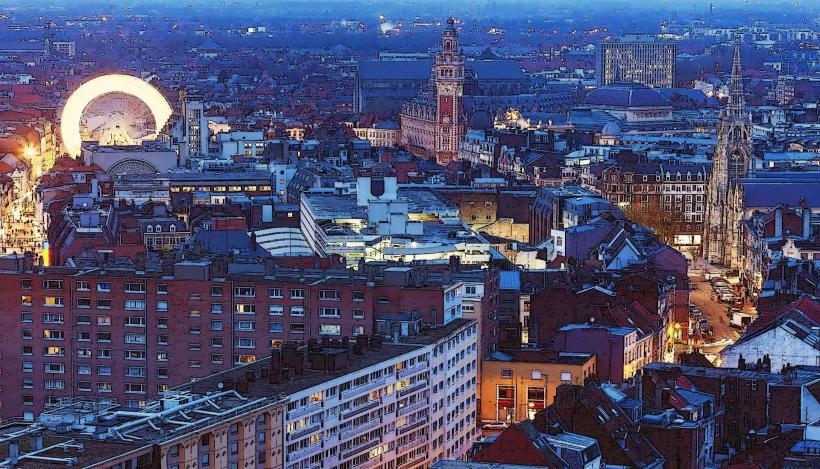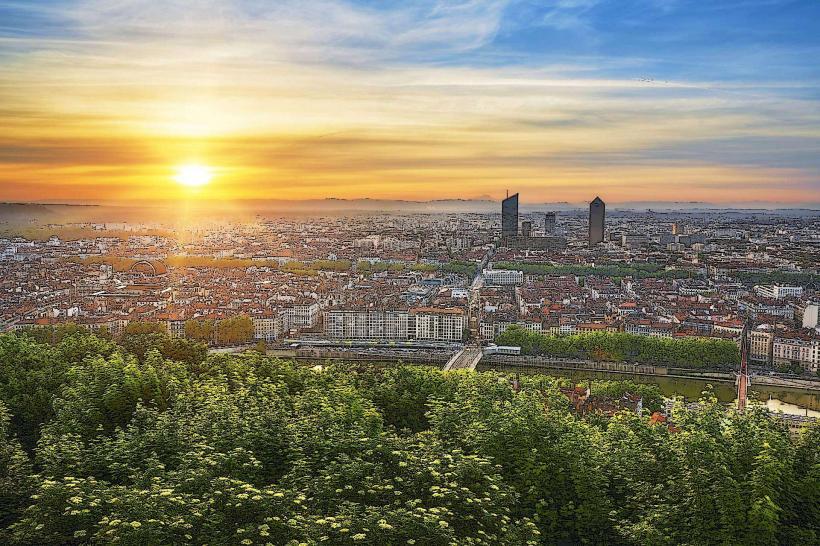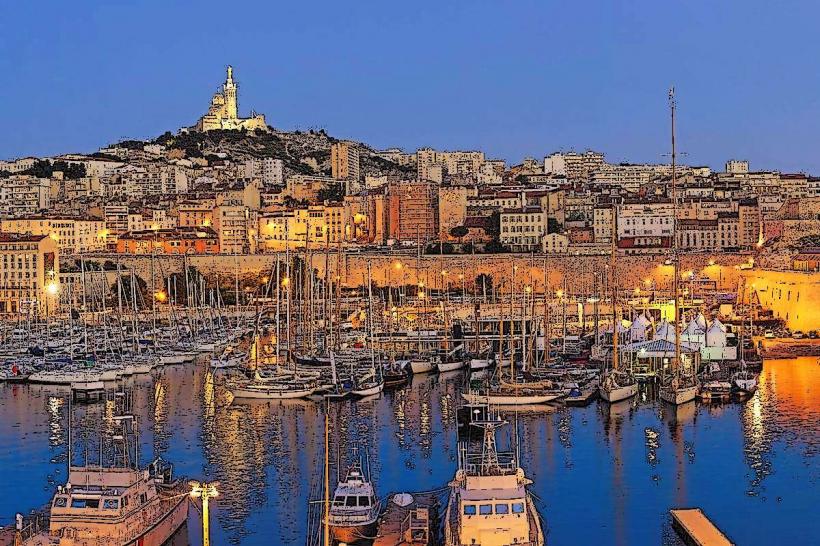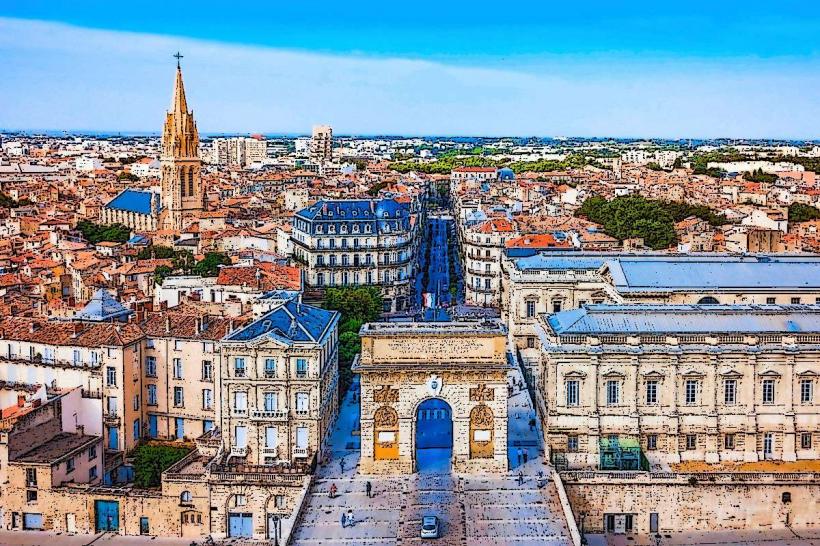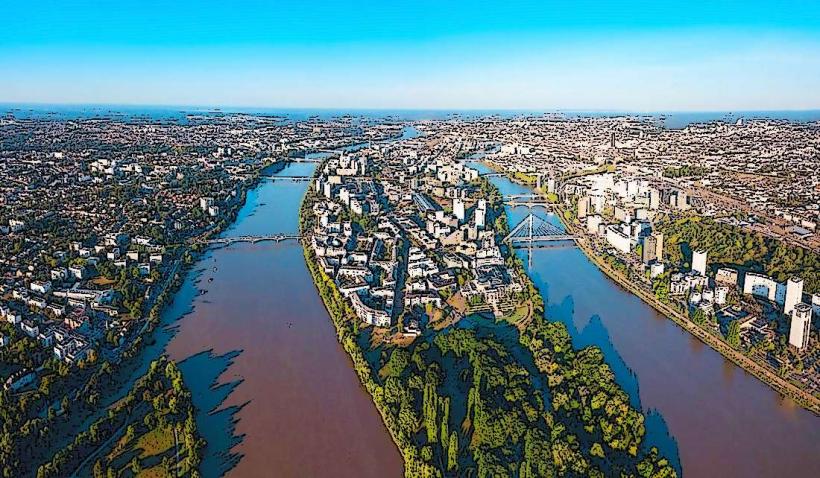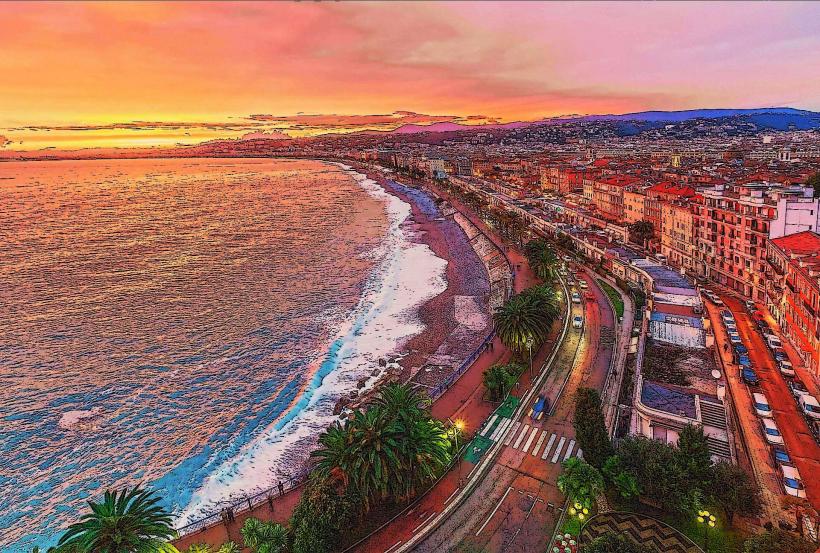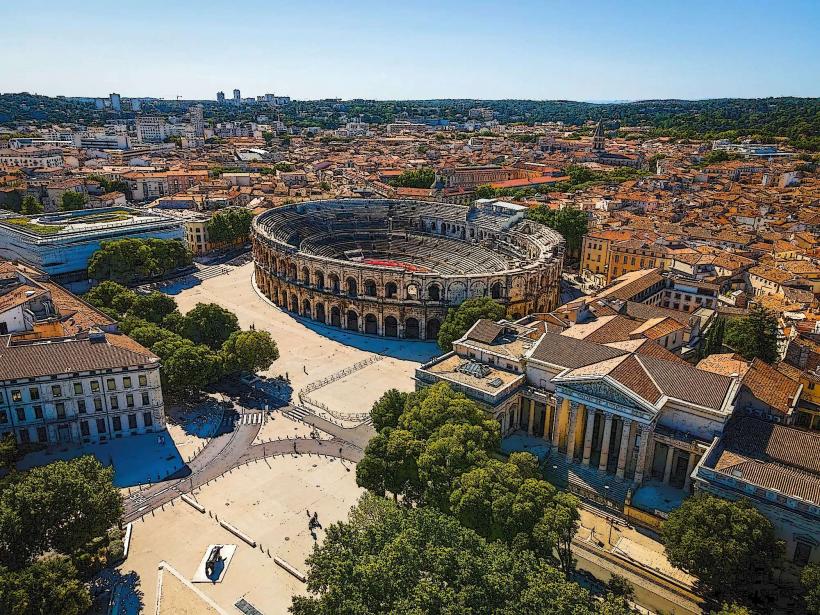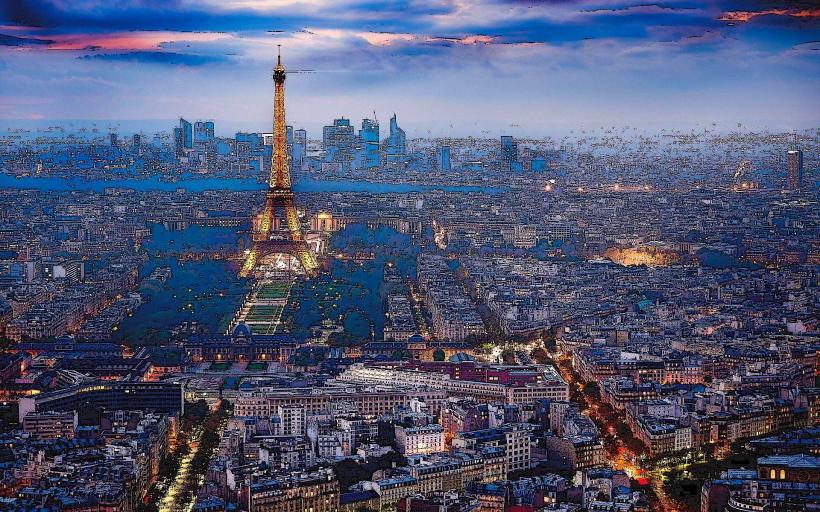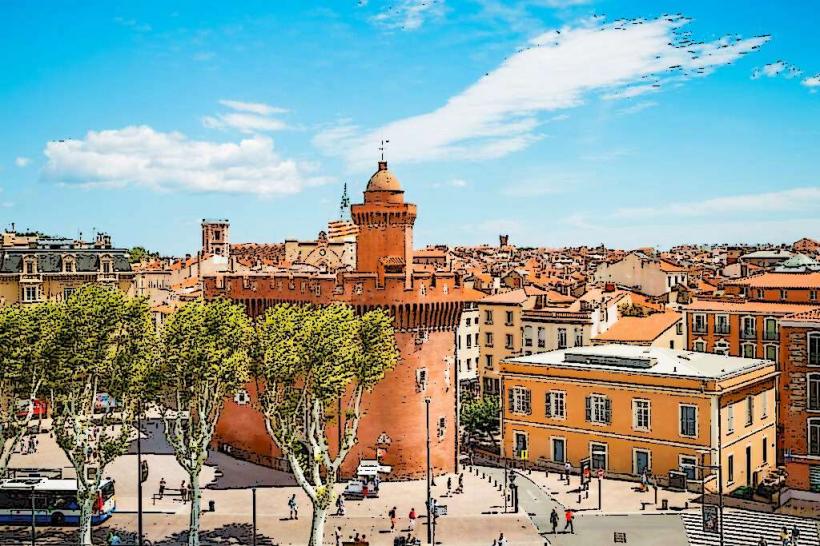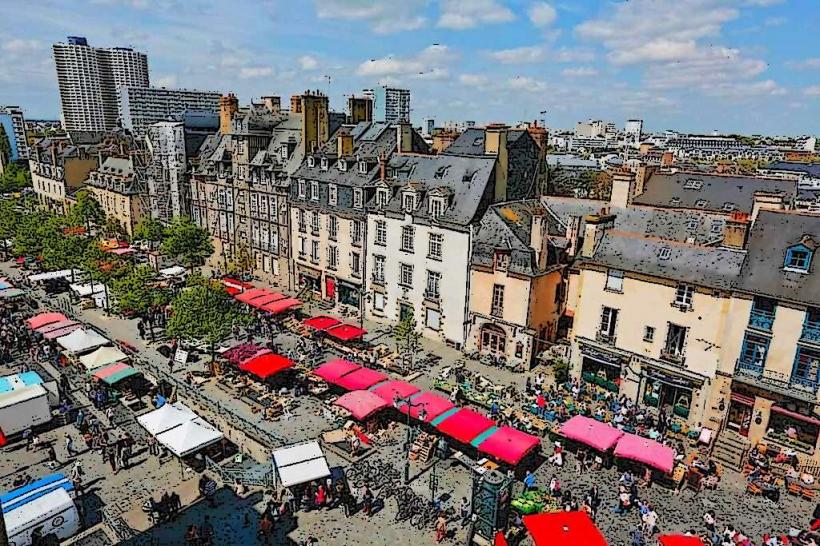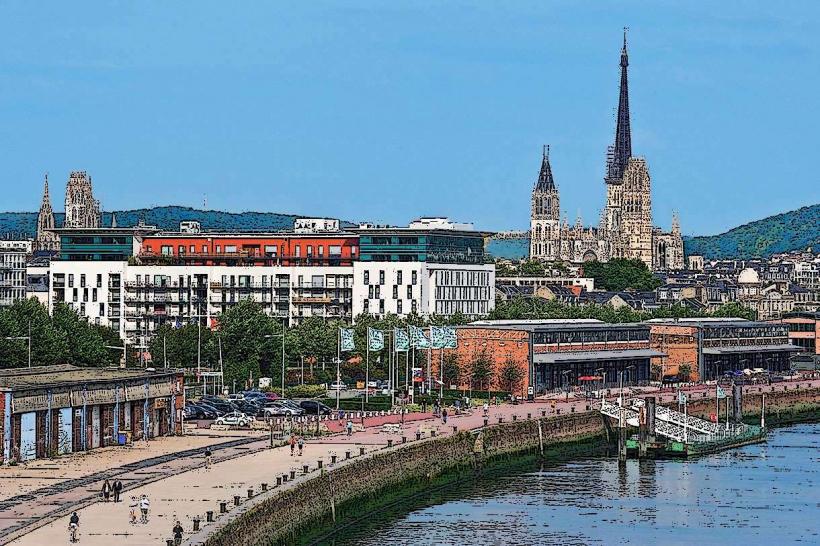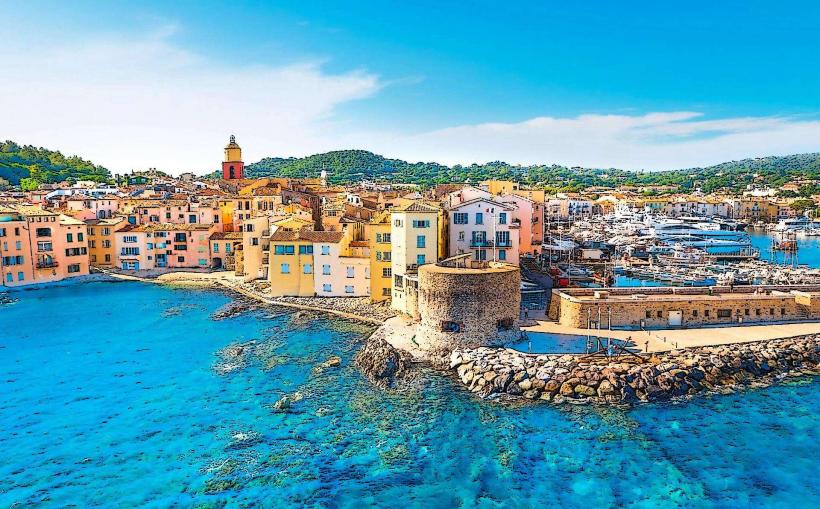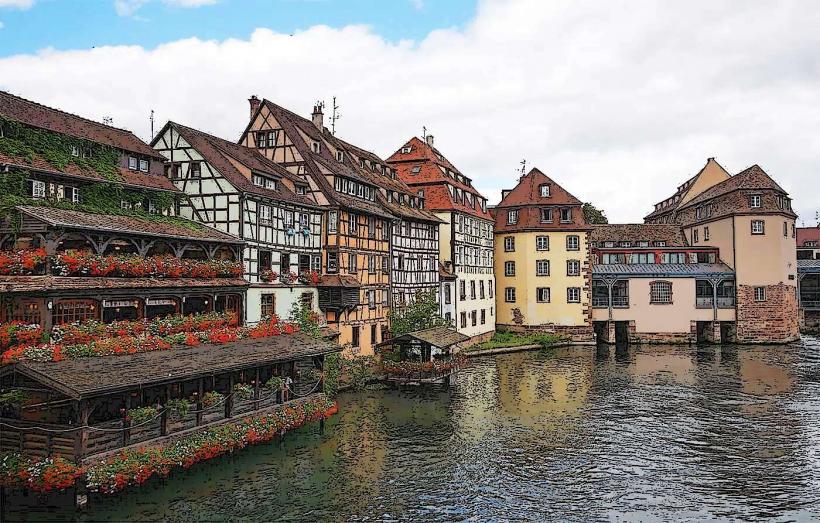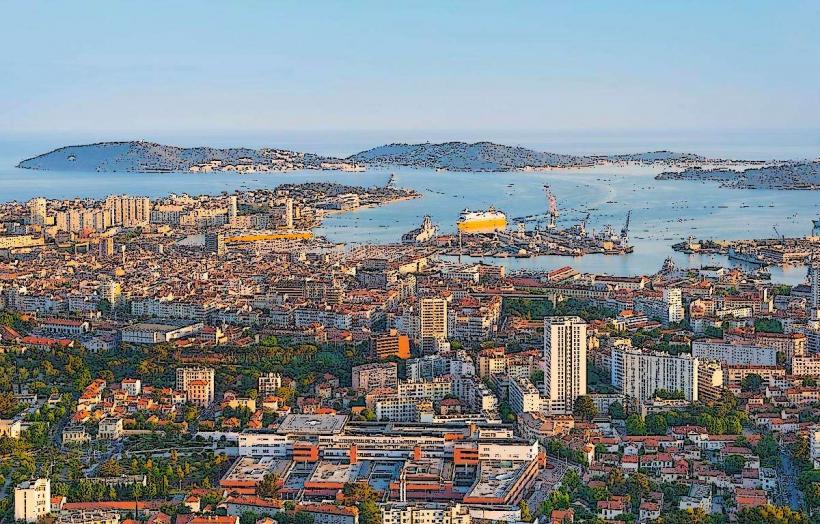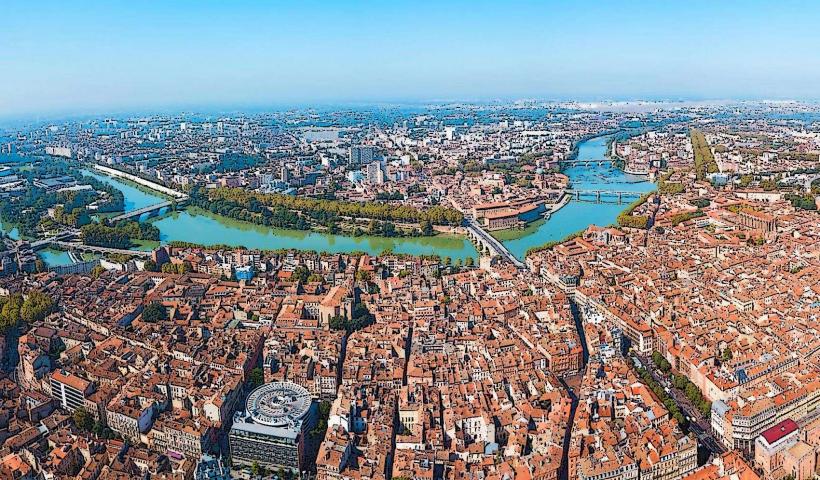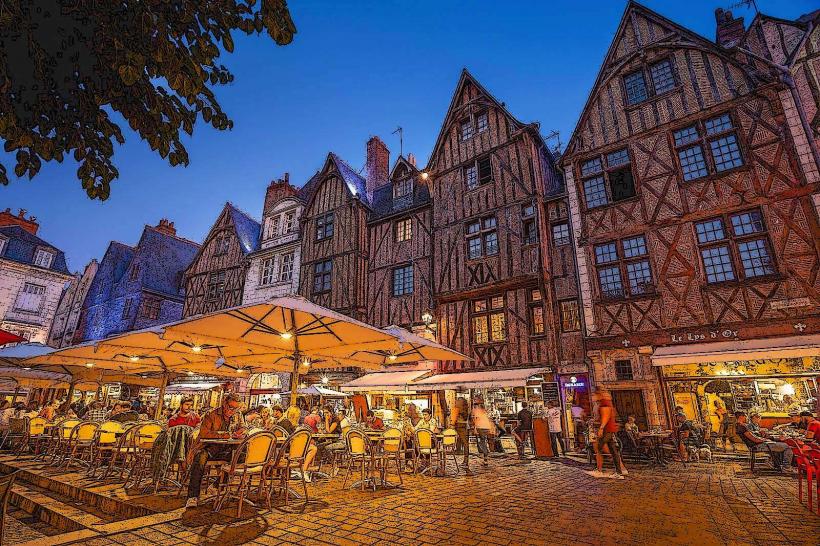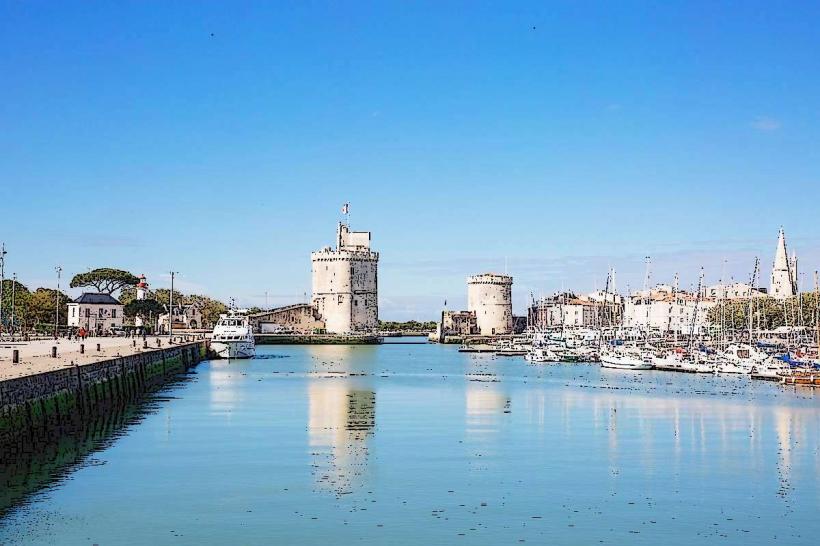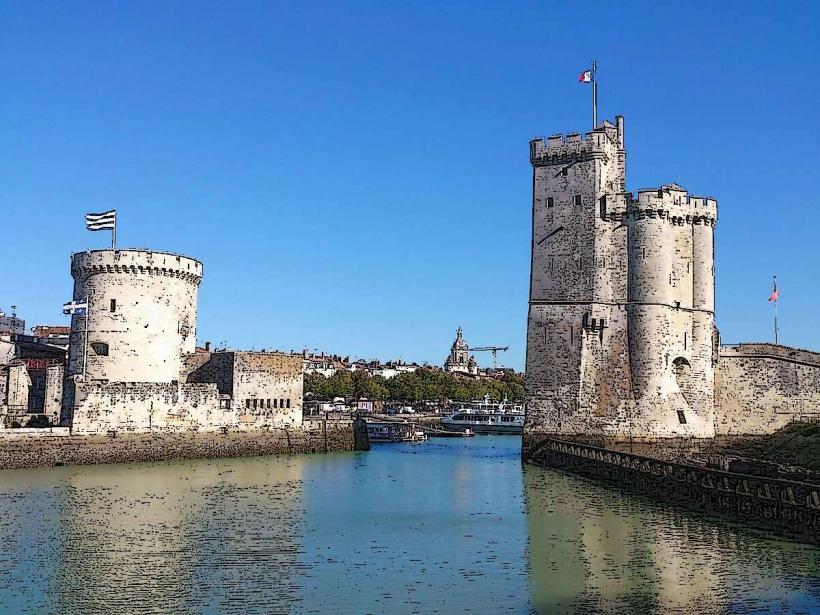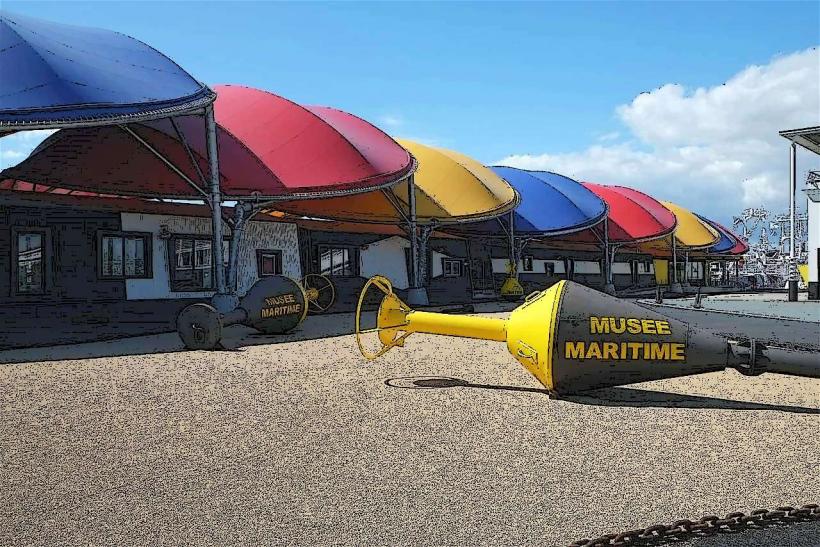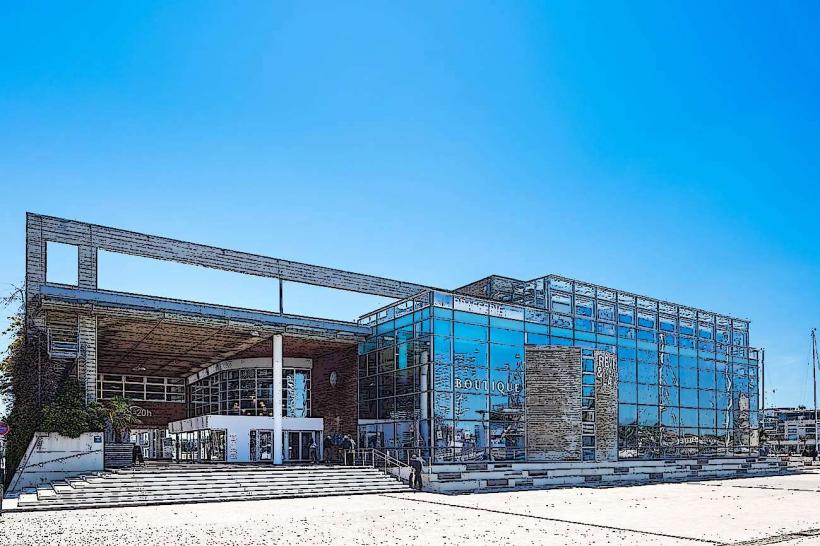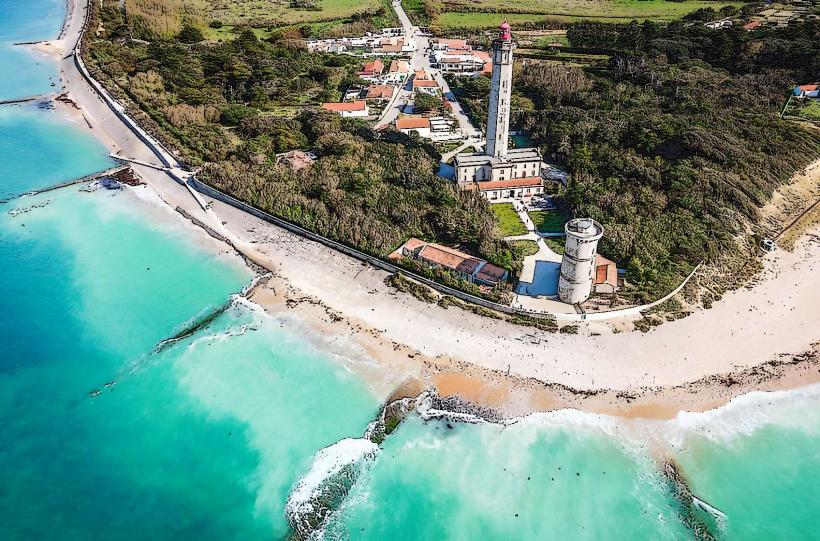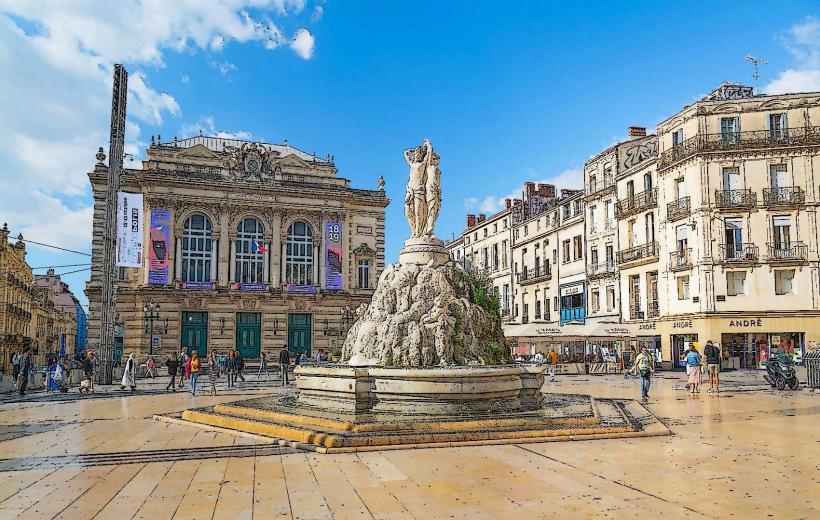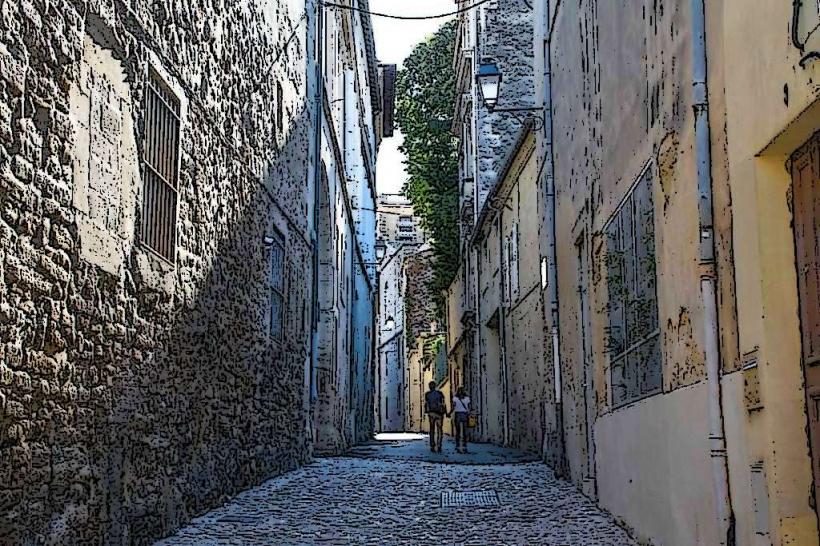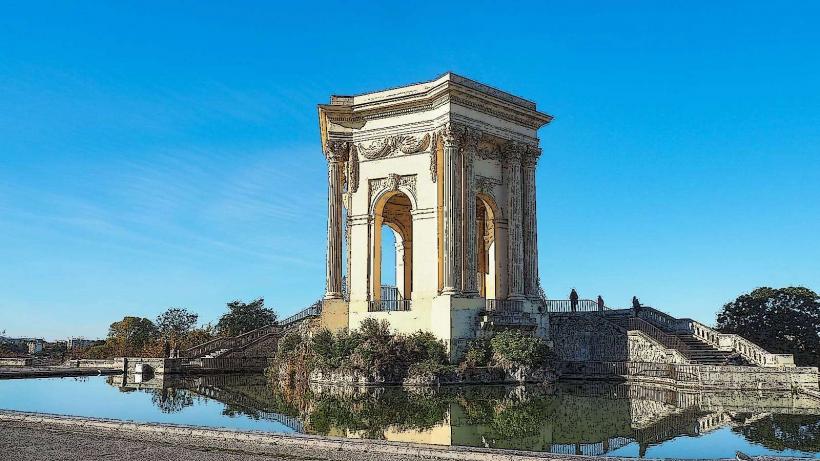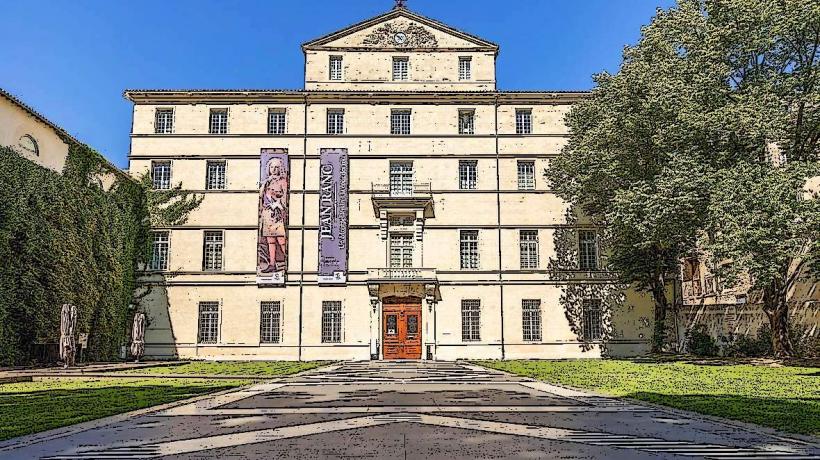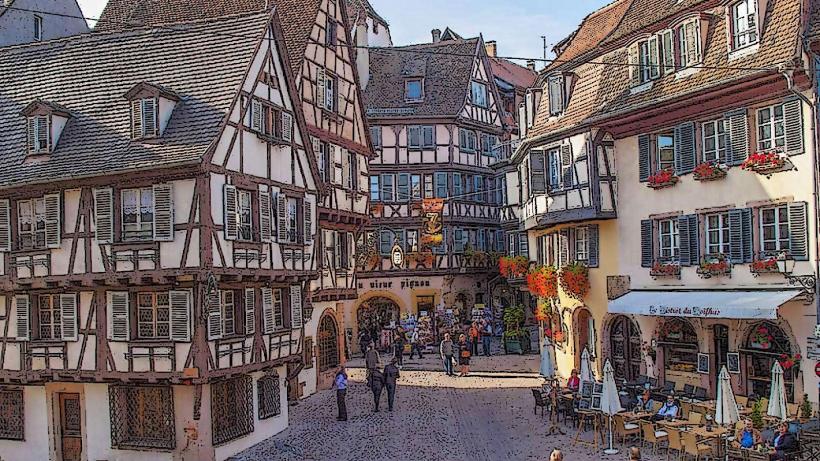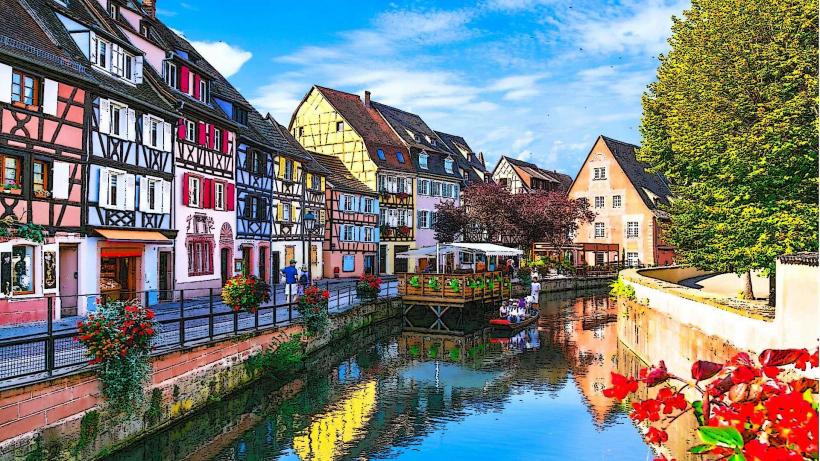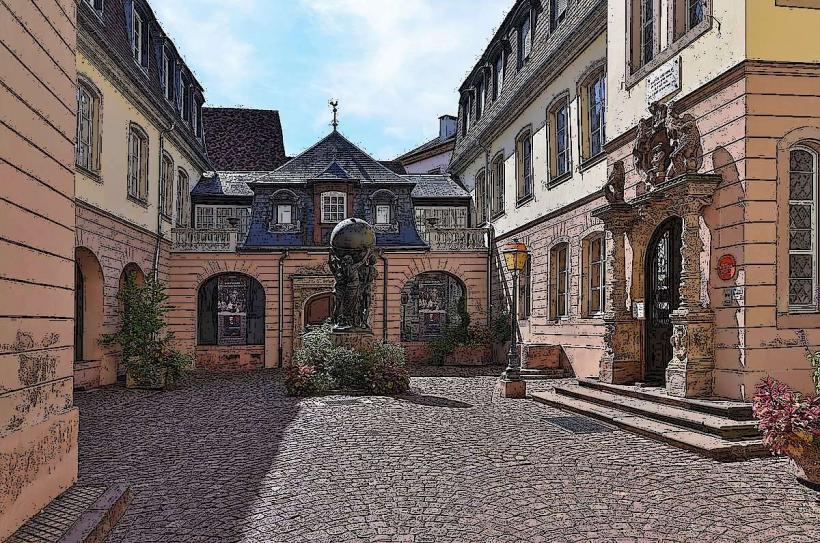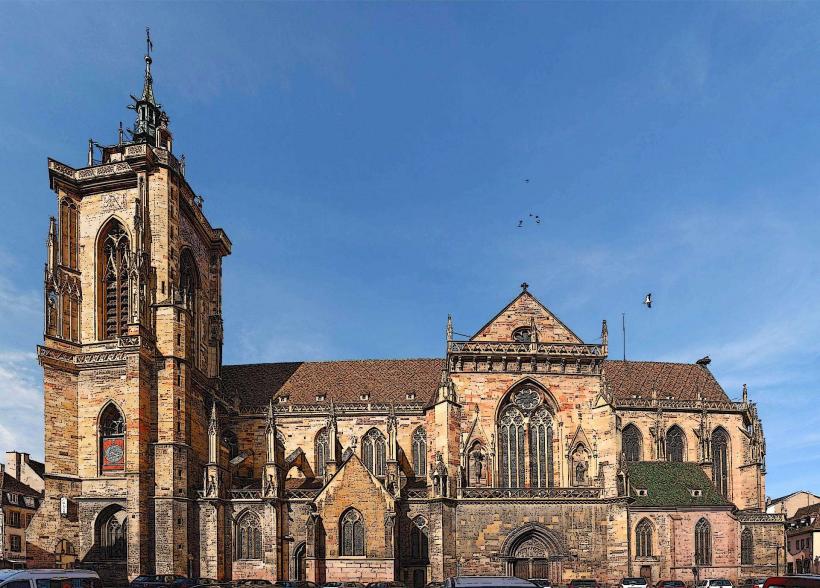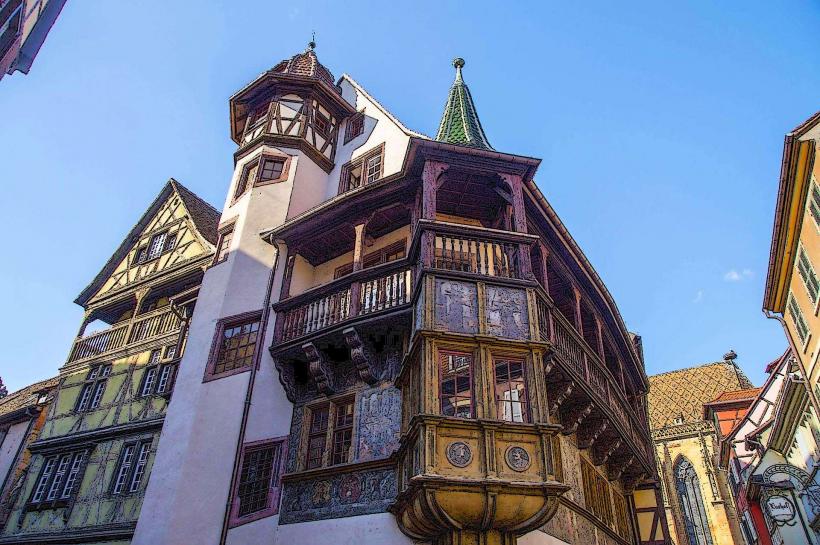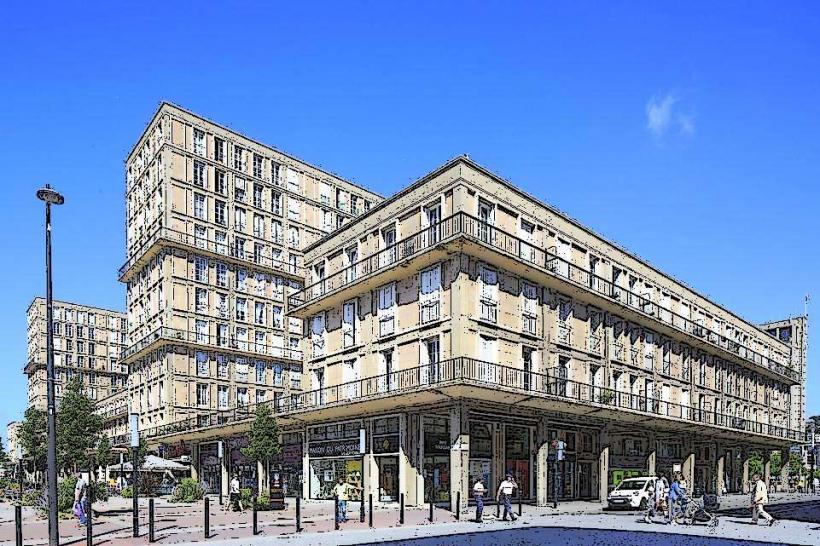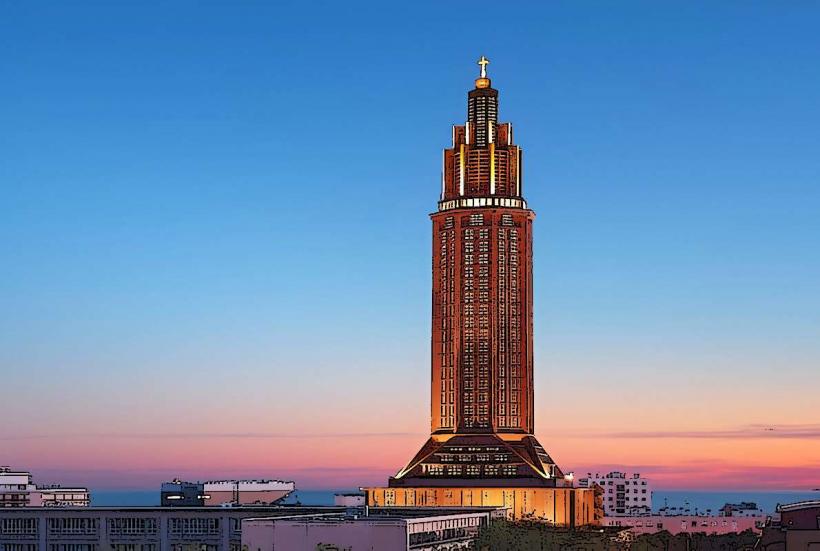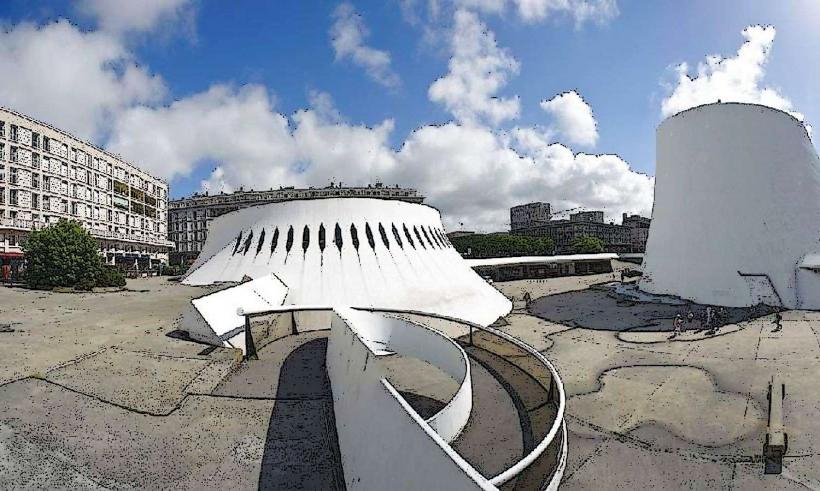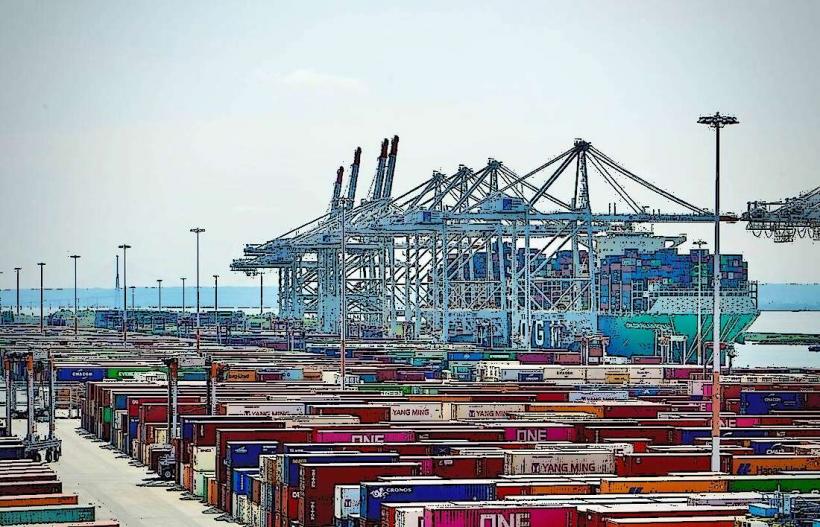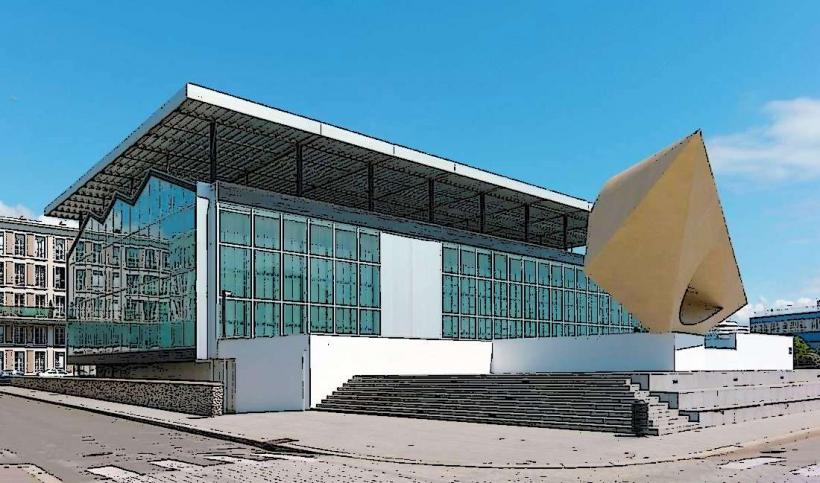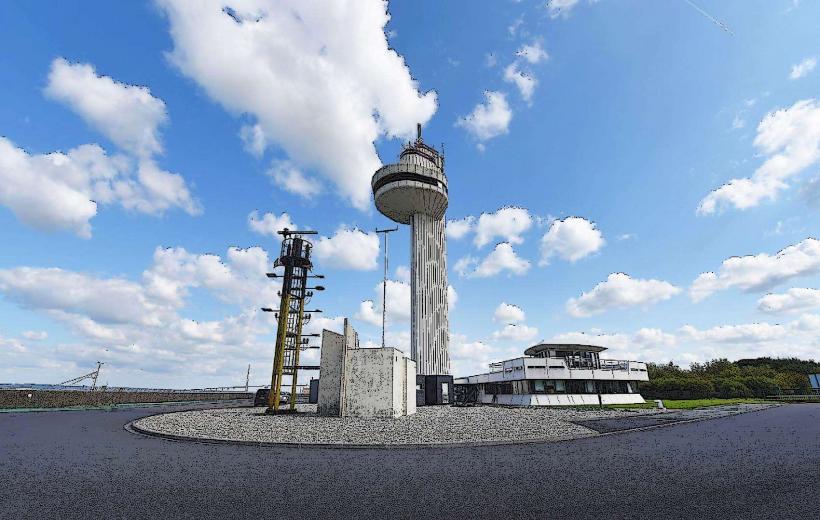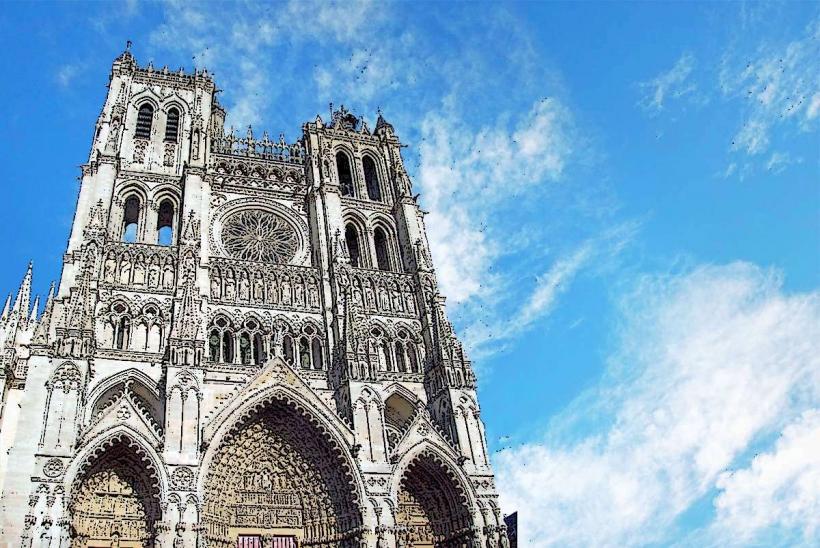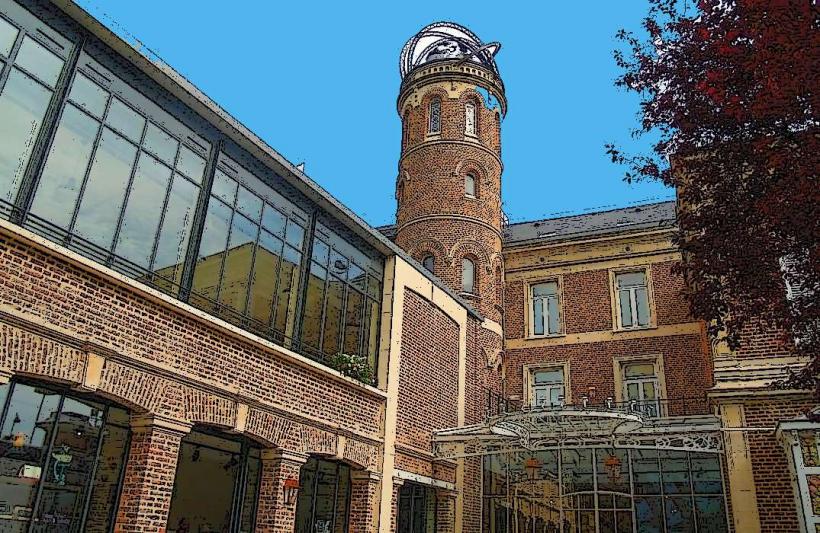Information
Country: FranceContinent: Europe
France, Europe
France is located in Western Europe, bordered by Belgium and Luxembourg to the northeast, Germany, Switzerland, and Italy to the east, Monaco to the southeast, and Spain and Andorra to the south and southwest. It is defined by its "hexagonal" shape, the French Alps, and its global influence in diplomacy and gastronomy, with Paris serving as the capital city.
History & Culture
Modern France emerged from the French Revolution (1789), which established the First Republic. Major political eras include the Napoleonic Empire, the Restoration, and the current Fifth Republic (established 1958). Approximately 47% of the population identifies as Catholic, while 33% claim no religion. The primary national holiday is Bastille Day (July 14). Social etiquette emphasizes the formal vous (unless invited to use tu), the la bise greeting (cheek kissing), and strict adherence to mealtime hours; shops and services often close for a midday break.
Language & Communication
The official language is French. English proficiency is High in Paris and major tourist hubs but notably lower in rural departments. Significant regional languages include Breton (Brittany), Occitan (South), and Alsatian (East), though French remains the universal medium for administration and daily life.
Population & Economy
The population is approximately 68 million, with 81% residing in urban areas. Top export commodities include aircraft (Airbus), spacecraft, luxury goods (LVMH), and pharmaceuticals. GDP per capita is approximately $46,000 USD. The economy is the seventh-largest in the world, driven by tourism, aerospace, and a massive agricultural sector that makes France the EU's largest producer.
Visa & Entry Policy
As the most visited country in the world and a core member of the Schengen Area, France allows visa-free entry for citizens of the US, UK, and Canada for up to 90 days in a 180-day period. As of 2025, the Entry/Exit System (EES) is active at all borders, recording biometric data for non-EU nationals. ETIAS authorization is required for visa-exempt travelers starting in 2025.
Currency & Payment Systems
The currency is the Euro (EUR). Card payments and contactless "tap" systems are universal; mobile wallets (Apple/Google Pay) are accepted at nearly all merchants, including small bakeries. Cash is still useful for traditional outdoor markets (marchés) and some rural cafés. ATMs (distributeurs) are abundant nationwide.
National Transport Grid
France features one of the most efficient rail networks in the world. The TGV (high-speed train) connects Paris to Lyon, Marseille, and Bordeaux in under three hours. Regional transit is managed by TER trains and Intercités. Domestic flights are restricted on routes where a train alternative under 2.5 hours exists. Paris is the central hub for the entire national motorway and rail grid.
Digital Infrastructure
The primary mobile network providers are Orange, SFR, Bouygues Telecom, and Free. 5G is widely available in all urban centers and along major high-speed rail lines. Fiber-optic internet penetration is high, with some of the most competitive "triple-play" (internet, TV, phone) pricing in Europe.
Climate & Seasonality
France features three main climate zones: Oceanic (West), Continental (Central/East), and Mediterranean (South). The wettest months are typically October and November in the south. The peak travel season is July and August, while the "shoulder" months of May, June, and September offer the best balance of weather and crowd density.
Health & Safety
There are no mandatory vaccines for entry. High-quality public healthcare is available via the SAMU system. Environmental risks include summer heatwaves (canicules) and ticks in forested regions. The universal European emergency number is 112; 15 is specifically for medical emergencies, 17 for Police, and 18 for the Fire Brigade (Sapeurs-Pompiers).
Top 3 Major Regions & Cities
Île-de-France: Hub: Paris.
Provence-Alpes-Côte d'Azur: Hubs: Nice, Marseille.
Auvergne-Rhône-Alpes: Hub: Lyon.
Local Cost Index
1L Water: €1.00 ($1.08 USD)
1 Domestic Beer (0.5L): €6.50 ($7.05 USD)
1 Sim Card (Prepaid 20GB): €19.99 ($21.70 USD)
Facts & Legends
France is the world's leading producer of wine by volume and diversity, with over 1,600 distinct types of cheese. A prominent local legend is the "Beast of Gévaudan," a man-eating creature that terrorized the Margeride Mountains in the 1760s, leading to a massive royal hunt ordered by King Louis XV; the beast’s true identity-whether a wolf, a hyena, or a hybrid-remains a subject of historical debate.

